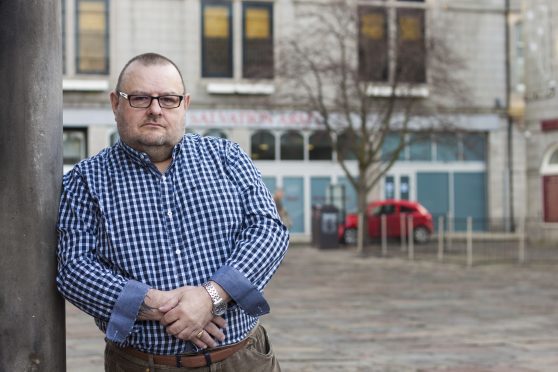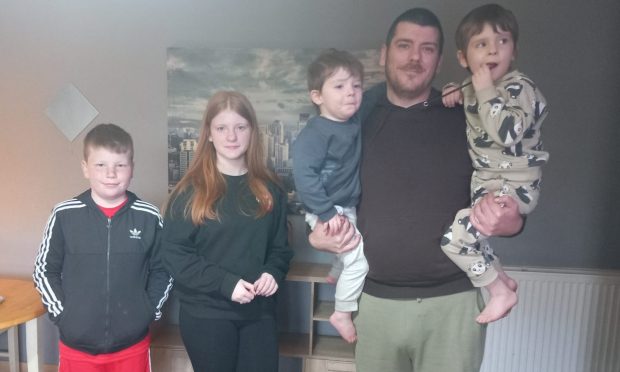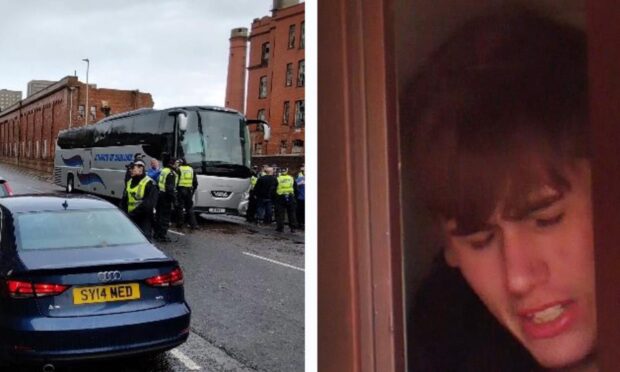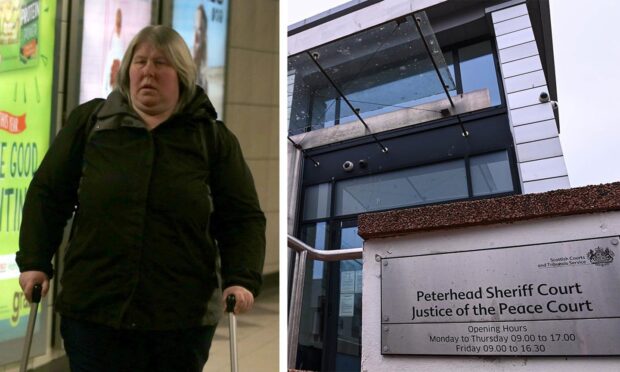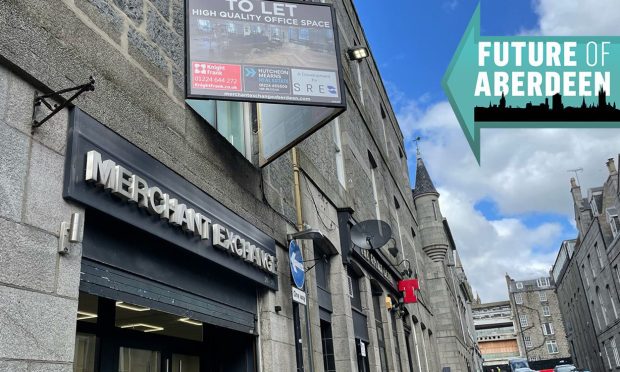It is that time of the year when many people vow never to drink again.
Whether that is a new year’s resolution or just the thought of another round of festive partying, January tends to motivate people into taking a break from the bottle.
For some though, giving up alcohol requires more than just a resolution, it requires a change of life.
One man who knows how hard it is to overcome addiction is the Salvation Army’s Aberdeen-based drug and alcohol worker Ronnie Boyle.
Originally from County Tyrone, Northern Ireland, he admits most of his early adult life revolved around alcohol and being drunk.
But now the 55-year-old is using that experience to help others start the journey to recovery, as a specialist drug and alcohol support worker at the charity’s Citadel headquarters on the Castlegate.
In the three years that the recovery programme has been running it has helped around 400 people with a range of problems.
“The central aim of our recovery model is harm reduction through community support,” says Ronnie. “That involves behavioural skills, social and recreational counselling, employment skills and relationship counselling.
“We do everything we can to reach the whole person, even when they don’t believe in themselves anymore.
“We look at all areas of a person’s life to try and understand their addiction and how it could affect their children or other family members.
“Being able to share my own lived experience of addiction is also helpful. It gets people’s attention and they understand that I’m not preaching to them.”
Mr Boyle, who is a qualified social worker, set up the recovery programme to offer practical and spiritual support to anyone who needs it.
The charity offers support to anyone who needs it, regardless of their background, through education and often just by providing an ear to listen.
Other times it requires a more considered approach.
One of the projects he hopes to get up and running in the new year is a support group where people will tackle their issues together.
“In my experience people recover quicker and better in a group of people that are like-minded and have had similar experiences”, he added.
Part of Mr Boyle’s role involves supporting inmates at Grampian Prison as well as working with agencies in and around Aberdeen.
“When I visit guys in prison I give them something to think about”, he said.
“I spend time preparing resources to take with me and talk to them about recovery stories that are real. You just have to plant that seed in their mind.
“I have also developed some sayings and I give them out to people on a little card. If that person is having a bad day they can pull the card out of their purse or wallet and take strength from it.
“As a church and charity, of course we have a spiritual element to what we do but we have to be careful. You can’t preach to someone with an addiction. Otherwise they’ll shut down and not come back.”
Another person he is currently supporting is a woman with Down’s syndrome.
“Even the charity that had been supporting her did not know what to do to tackle her addiction,” he said
“There was no teaching out there on how to deal with it. So we had to think creatively on how to support the person. In the end, we came up with a simple but effective idea that we would give her a little bead for every week she was in recovery. After so many weeks she made a bracelet. She’s now into her second year of recovery.”
The Salvation Army’s recently launched a new centre for addiction services and research at Stirling University.
The aim of the facility is to prevent substance use problems and come up with a way to tackle the widespread impact they can have on people, their families and communities.
